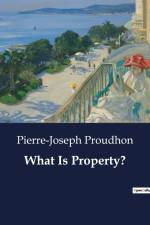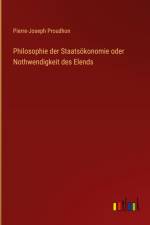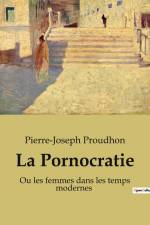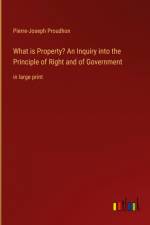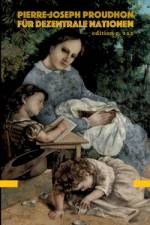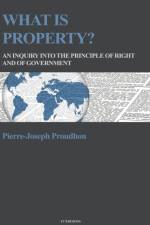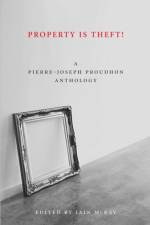von Pierre-Joseph Proudhon
19,00 €
" Depuis l'institution du suffrage universel, la Démocratie, considérant que son règne était venu, que son gouvernement avait fait ses preuves, qu'il n'y avait plus à discuter que le choix des hommes, qu'elle était la formule suprême de l'ordre, a voulu se constituer à son tour en parti de statu quo. Elle n'est pas, tant s'en faut, maîtresse des affaires, que déjà elle s'arrange pour l'immobilisme. Mais que faire quand on s'appelle la Démocratie, qu'on représente la Révolution et qu'on est arrivé à l'immobilisme ? La Démocratie a pensé que sa mission était de réparer les antiques injustices, de ressusciter les nations meurtries, en un mot, de refaire l'histoire ! C'est ce qu'elle exprime par le mot Nationalité écrit en tête de son nouveau programme. Non contente de se faire parti de statu quo, elle s'est faite parti rétrograde. Et comme la Nationalité, telle que la comprend et l'interprète la Démocratie, a pour corollaire l'Unité, elle a mis le sceau à son abjuration, en se déclarant définitivement pouvoir absolu, indivisible et immuable…"


